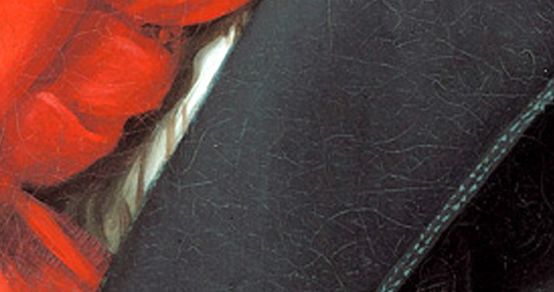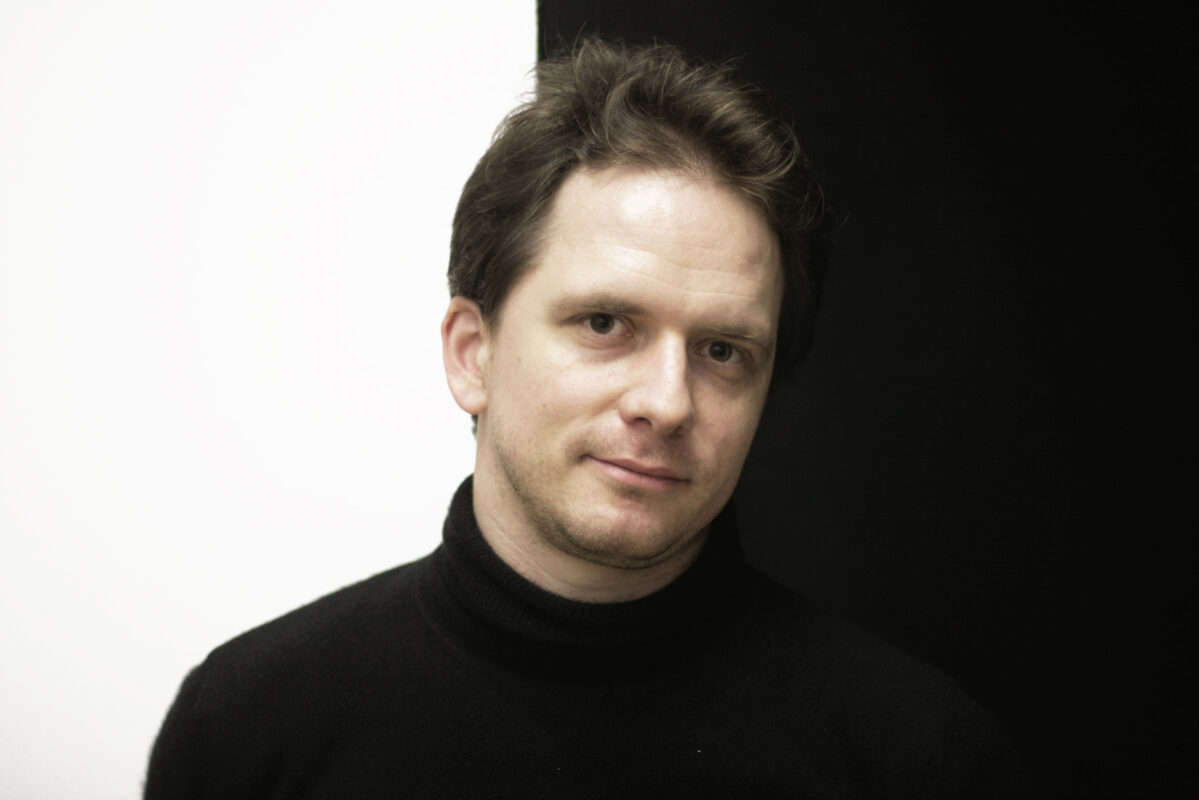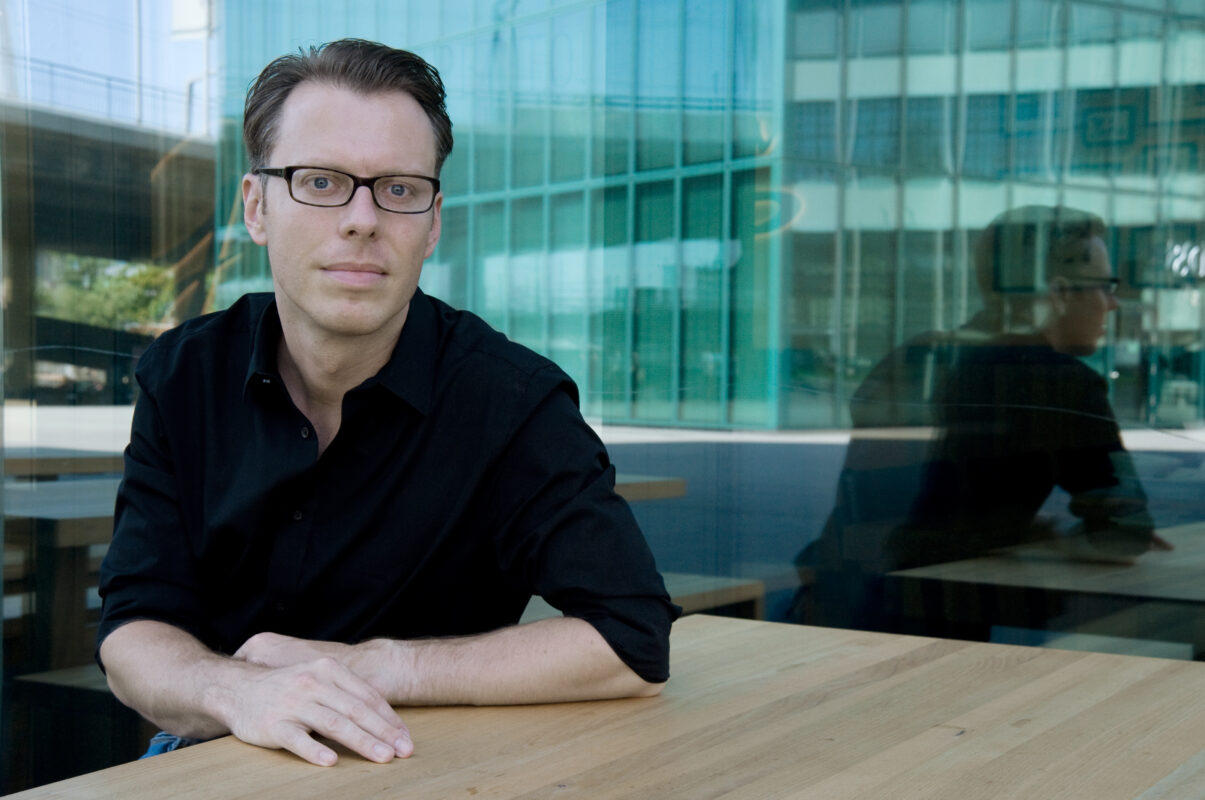Calm sea and happy voyage
Every Friday, Beethoven is here. To mark the 250th anniversary of Beethoven's birth, each week the Swiss Music Review takes a look at a different work from its catalog. Today, the cantata "Mer calme et heureux voyage" for choir and orchestra.

Beethoven and Johann Wolfgang von Goethe met neither in Vienna nor Weimar, but in the Bohemian town of Teplice. However, despite their high artistic esteem for each other, each had reservations about the other's personality. On July 21, 1812, Goethe wrote in his diary: "Evening at Beethoven's. He played delightfully. He played delightfully", but a few weeks later, in a letter to Carl Friedrich Zelter, he added: "His talent astonished me; however, he is a totally untamable person who, if he is not wrong in finding the world detestable, does not make it more agreeable to himself or to others. He can certainly be excused for unfortunately losing his hearing, which is perhaps less detrimental to the musical part of his being than to the social part. Be that as it may, he is laconic by nature, and all the more so because of this handicap". As for Beethoven, who in 1811 had written to Goethe to congratulate him on his tragedy EgmontIn a letter to the publisher Breitkopf & Härtel, he also expressed his disappointment after their meeting: "Göthe loves court air too much for a poet. I will not speak again of the ridiculousness of this behavior among virtuosi as long as poets, who should be considered the nation's first masters, allow themselves to be blinded by this glitter".
The meeting was to have no further effect. As early as 1830, the young Mendelssohn reported Goethe's total restraint: "He didn't want to go near Beethoven". Prior to this, Beethoven's request (dated February 8, 1823) that the Weimar court subscribe to a copy of his Missa solemnis had failed. Furthermore, Goethe had apparently not responded to the dedication of Calm sea and happy voyageThe contrast between these two [poems] seemed to me very appropriate to be set to music. How dear it would be for me to know whether I have been able to combine my harmony with yours. Any information from you, which I would consider true, so to speak, would be most welcome to me, for I love truth above all things [...]." He does not mention that the score had been completed eight years earlier, and that it was first performed in public on December 25, 1815.
Fortunately, such personal incompatibilities are not necessarily reflected in their art. In any case, Beethoven's brief musical setting of Goethe's two poems seemed to suit his contemporaries: "It is a great pleasure to see two such sublime minds so intimately united..." (Allgemeiner Musikalischer Anzeiger, 1830)
Aufnahme auf idagio
Keeping in touch
A weekly newsletter reveals the latest column on line. You can subscribe by entering your e-mail address below, or by subscribing to our RSS feed.








